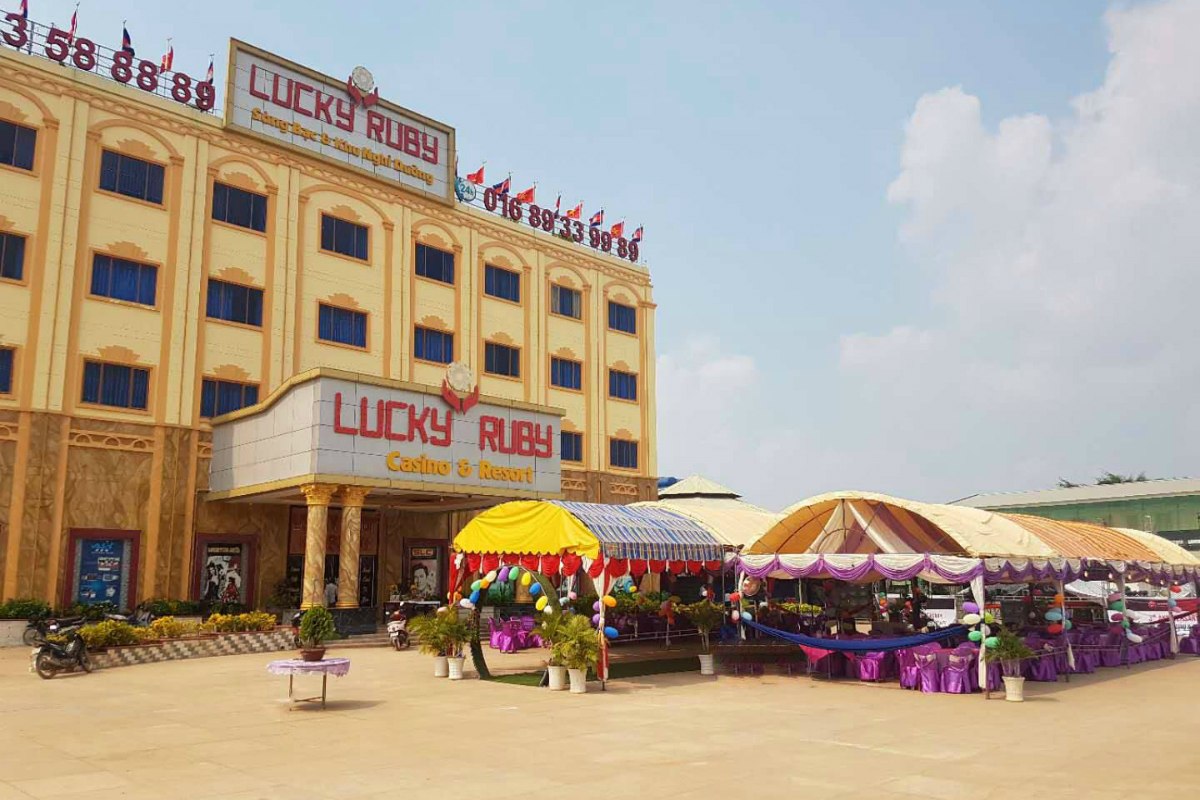United Nations: Southeast Asia Casinos ‘Perfect Partner’ for Organized Crime Syndicates
Posted on: July 20, 2019, 03:00h.
Last updated on: July 20, 2019, 09:09h.
The United Nations (UN) says Southeast Asia casinos are prime vehicles for organized crime groups to launder large volumes of illicit money due to their lack of regulatory oversight and weak security safeguards.

The UN concludes in its report “Transnational Organized Crime in Southeast Asia: Evolution, Growth and Impact 2019” that casinos are being regularly used to launder dirty money clean that’s related to the illegal drug trade, as well as trafficking of humans, wildlife, and various counterfeit products.
UN officials said there are 230 licensed casinos in Southeast Asia, the majority of which – 150 – are in Cambodia. The Philippines are responsible for the second most gaming venues with 67 licensed casinos.
Many of these casinos emerged after a crackdown on money laundering activities in Macau, China, in 2014, raising concerns that a ‘displacement’ of criminal activities associated with casinos has taken place to Southeast Asia,” the UN stated.
The United Nations is an international organization currently consisting of 193 member states. The primary goal of the group is to maintain international peace and security and develop strong relationships across global borders.
Junket Crime
The UN says third-party intermediaries known as junket operators use the loosely or entirely unregulated casinos to make the origination of the funds rather obscure and hard for law enforcement to detect. And it’s big money.
The organized crime study estimates that Southeast Asia crime syndicates last year moved $25.7 billion worth of methamphetamine and $6.3 billion in heroin. Revenue from counterfeit goods totaled nearly $40 billion.
“The region’s rapidly expanding network of casinos, many of which are lightly or not at all regulated, has emerged as a perfect partner or offshoot industry for organized crime groups that need to launder large volumes of illicit money. Countries in the region should develop proper regulatory and enforcement frameworks to disrupt money laundering facilitated through casinos,” the UN concluded.
Bank Heist
The UN’s findings on the apparent lack of anti-money laundering safeguards at Southeast Asia casinos do not exactly come as a shock. It was only in 2016 when the Bangladesh Central Bank at the Federal Reserve in New York City was robbed via remote transfers.
Several transactions totaling $81 million were successfully withdrawn from the country’s account. A total of $951 million in withdrawals were scheduled, but an official at the Federal Reserve became suspicious after noticing a spelling error on one of the requests.
Bangladesh was notified and told US authorities they weren’t withdrawing the money.
An international investigation determined that some of the stolen funds were laundered through the Solaire Resort and Casino in Manila, Philippines. Only $18 million of the $81 million withdrawn has been covered. It’s suspected that hackers in North Korea working for their government were behind the operation.
Bloomberry Resorts, parent company to Solaire, is being sued in the US by the Bangladesh state-run Rizal Commercial Banking Corporation on allegations that the casino failed to adequately protect against money laundering.
No comments yet